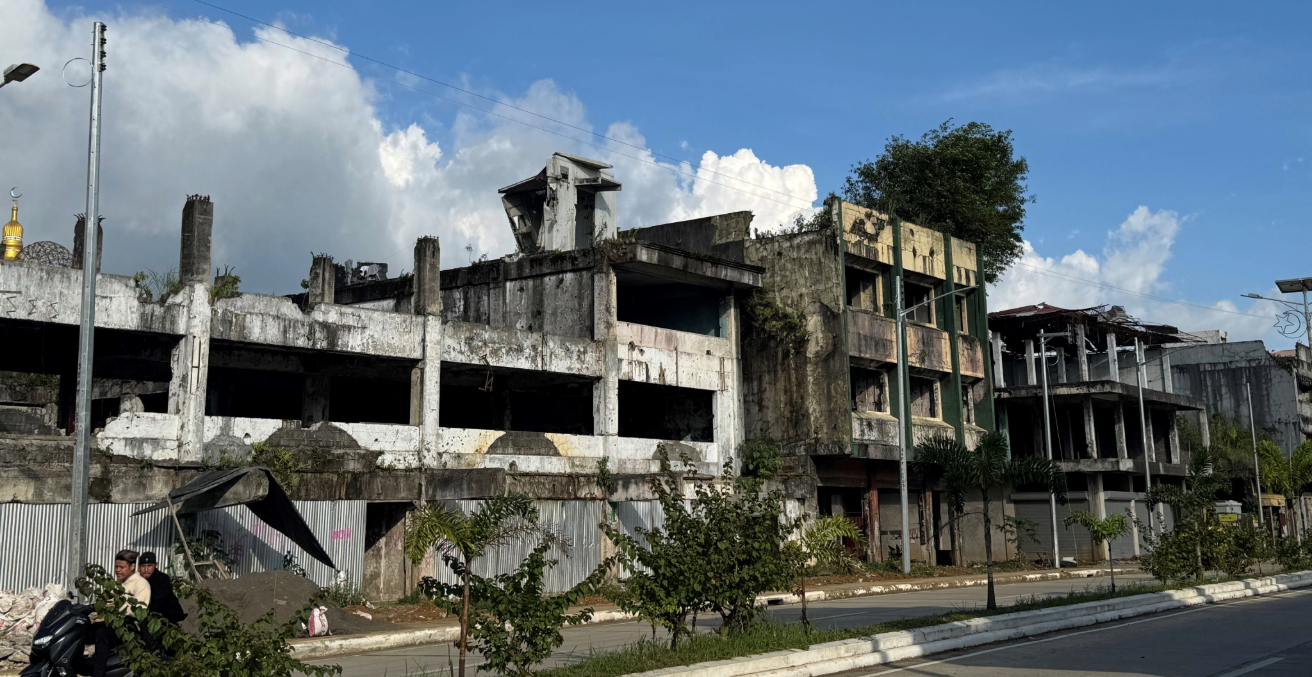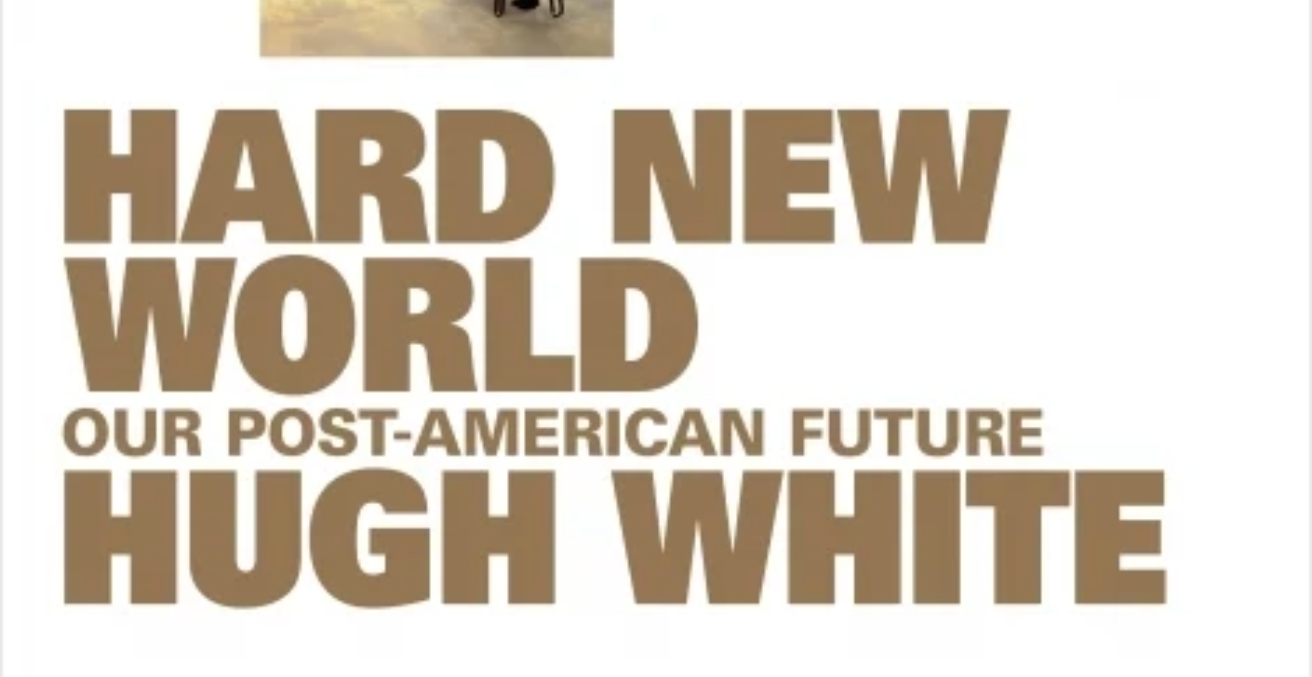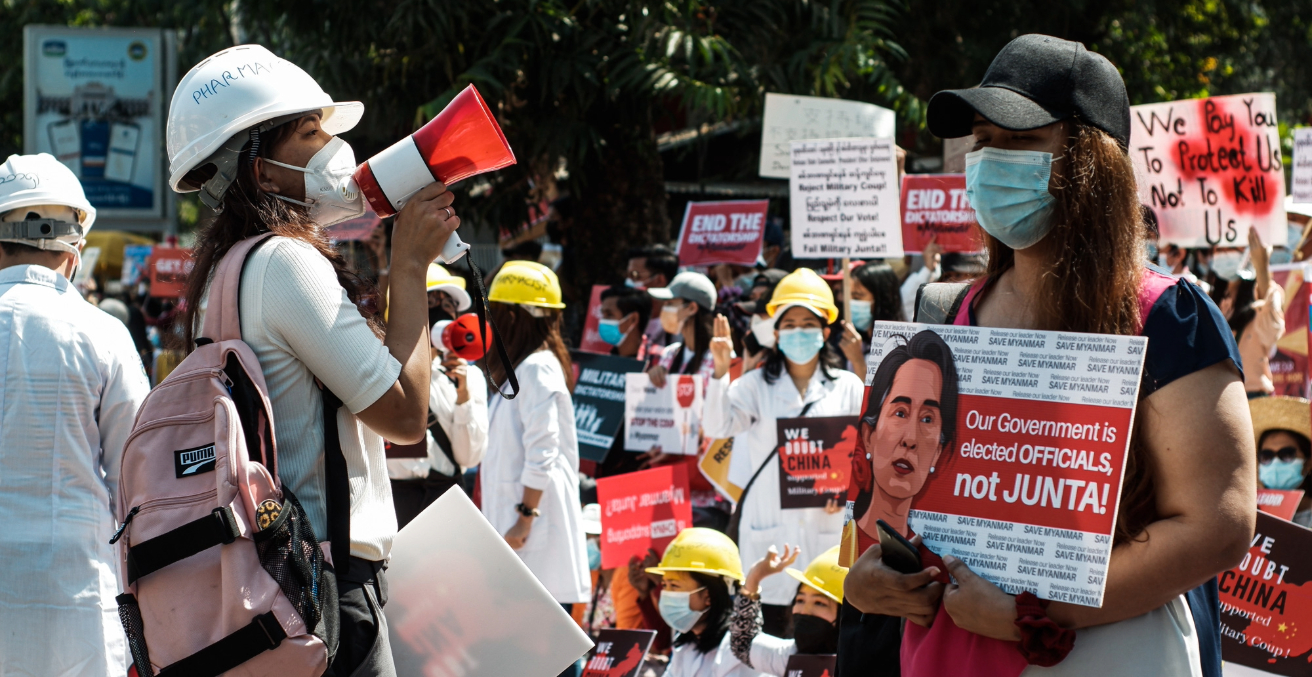Was Davos a success? Did the five-day meeting of over 2,500 world leaders achieve any tangible solutions to the myriad of crises that the secretary-general of the United Nations described as a “perfect storm”?
It is too early to say. The World Economic Forum (WEF) in Davos, Switzerland is an ideas forum, or “talkfest” as Rupert Murdoch once put it, and it will take a while for the participants — lawmakers, chief executives, heads of international institutions, opinion formers, and decision makers — to reflect and act. But having enjoyed remote digital access to the WEF’s 400 or so sessions, I can highlight for Australian Outlook readers key issues on which significant progress has been made.
The most high profile of these is the United States relationship with China. Picking up on this year’s Davos theme of “cooperation in a fractured world,” the secretary-general of the United Nations warned against a “great fracture” between the two superpowers, a sentiment which gained strong support throughout the week. One of the few Australians to attend Davos, former prime minister Kevin Rudd observed that the challenge for geopolitics “is to find a stabilising mechanism to prevent that competition evolving into some future crisis, conflict or war.” The positive outcome of the summit between President Joe Biden and President Xi Jinping in November was, Rudd said, the agreement to put “some guard rails or safety net” around the relationship. Even more forthright was former US Treasury secretary Larry Summers, who warned that it would be “a staggering error” to seek to suppress China’s expansion. Along with most participants, Summers supported cooperation, not confrontation, with China. As France’s finance minister, Bruno Le Maire, put it, “China must not be out; China must be in.” In the first few weeks of this year, capital inflows into China have exceeded those for the whole of 2022, suggesting significantly stronger growth this year than in 2022.
The leader of the China delegation, the outgoing Vice Premier Liu He, was well received, acknowledging past mistakes and pledging China would continue with reforms to open up the economy, create a market-oriented business environment, and respect the rule of law. “China’s door to the outside world will only open wider,” he said, as he outlined a five-point plan to make economic development the central task.
The war in Ukraine
There were no practical short-term solutions towards ending the war in Ukraine. Many delegates felt it was at a stalemate. Those who favoured a negotiation insisted it must involve a retreat by Russia. Henry Kissinger, who was among those calling for negotiation, insisted it was in Europe’s interest to prevent the war from escalating and Russia from collapsing. Ursula von der Leyen, president of the European Commission, insisted Europe was united against Russia and in support of Ukrainians. “Your country has moved the world and inspired Europe,” she told Ukraine, “and I can assure you Europe will always stand with you.” Europe is host to about four million displaced Ukrainians and has put in place the “strongest sanctions ever, which leave the Russian economy facing a decade of regression and its industry starved of any modern and critical technologies.”
Yulia Svyrydenko, first deputy prime minister of Ukraine, described how her country’s ability to function despite the war has improved. “In the 329 days of the war so far, we have gained unique experience in how to keep the economy and essential services running,” she said. “No one doubts that Ukraine will win this war, but every day brings more death and damage.” She was backed by NATO Secretary-General Jens Stoltenberg, who called for more international support for Ukraine. He described the war as a fight for democracy, adding: “What happens around the negotiating table is totally dependent on the strength on the battlefield. And if we want Ukraine to prevail, then they need the military strength.”
During the meeting the foremost pressure was on Germany to supply Ukraine with Leopard tanks. Chancellor Olaf Scholz resisted the intense lobbying but announced on 24 January that Germany would do so, enabling other European nations to follow suit. Germany has already donated more than €12 billion and a wide range of arms, and has taken the lead to develop a Marshall Plan for the reconstruction of Ukraine.
The world economy
The Davos view on world economic growth, the fight against inflation, and the outlook for jobs can be summed up in one sentence — things are looking better, but there are still plenty of risks ahead.
International Monetary Fund (IMF) managing director Kristalina Georgieva urged financial authorities to remain realistic about the coming year. “My message is it is less bad than we feared a couple of months ago — but less bad doesn’t yet quite mean good.”
The IMF downgraded its forecasts three times in 2022, and Geogieva says not doing so again would be good news. “Whether we upgrade, we shall know in ten days,” she said. “A great deal depends on the people in this room — big global collaboration, do the right thing, keep the global economy integrated for the benefit of all of us.”
The IMF no longer believes the Eurozone will enter recession. Inflation is moving down, but there is still the possibility that higher interest rates will destabilise labour markets. “Interest rates have yet to bite, and if they bite we will see unemployment going up. It is easier for a consumer with a job to deal with a cost of living crisis than someone with no job,” Geogieva added.
However, a resurgent Chinese economy — dormant for three years — brings global problems. China’s revived energy needs will increase, perhaps lifting global demand for oil to a record level of nine million barrels a day, pushing up prices again in the months ahead.
Christine Lagarde, head of the European Central Bank, described 2022 as a “weird, weird year,” with the major economies in defensive mode as they fought COVID-19, inflation, and the impact of war. Now, moving to competitive mode, it was essential to manage the transition with resilience and determination while staying the course in the fight against inflation, tackling it in a subtler way — better targeted and better directed measures — so as not to create unemployment.
The green revolution and climate change.
There were more sessions at Davos devoted to the transition from a carbon to a green economy than anything else. The focal talking point was President Biden signing into law his controversial Inflation Reduction Act, which is more to do with economic growth and job creation in new technology and green industries than in fighting inflation. At its heart is a US$369 billion package of subsidies to enable the transformation. This largesse brought howls of protest from Europe and Asia, fearing that American manufacturers would gain unfair advantage, with European bosses threatening retaliation and invoking a damaging trade war. The World Trade Organization chief, Ngozi Okonjo-Iweala, slapped the notion down, urging more cooperation.
There seemed to be general support for Biden’s policy. Summers was clapped when he called Biden’s strategy a “historically positive measure.” He added, “There is green technology, biotechnology, artificial intelligence and information technology, to make things better for all the world’s people. But that will only happen with the right kind of political and financial foundation. We need to build ourselves up rather than tear others down.”
European and Asian leaders are developing similar subsidies. Germany’s chancellor told delegates that Europe’s leading economy was being rebuilt with the goal of being climate neutral by 2045, while retaining a strong manufacturing sector. Von der Leyen concurred. “The next decade will see the greatest economic transformation of our times,” she said.
Colin Chapman is a writer, broadcaster, and public speaker, who specialises in geopolitics, international economics, and global media issues. He is a former president of AIIA NSW and was appointed a fellow of the AIIA in 2017.
This article is published under a Creative Commons Licence and may be republished with attribution.




